
Constipation is often misunderstood and oversimplified. Many people think it’s just about having fewer than three bowel movements per week, but it’s actually a more complex condition involving stool consistency, effort during bowel movements, and feelings of incomplete evacuation.
Quick Links to the Sections Below
@crawford_wellness Replying to @Samantha Reed #chronicconstipation #constipation can be a terrible and uncomfortable condition that is suffered by many people who are disgnosed with #IBS or #SIBO . In #traditionalchinesemedicine we have plant remedies backed by both tradition and science that can help improve bowel motility, cultivate a healthy microbiome, and keep people from needing #stimulantlaxatives ♬ Suspense, horror, piano and music box - takaya
This video addresses chronic constipation and the negative effects of long-term laxative use, focusing on the role of Nitric Oxide in bowel motility and natural remedies for managing the condition.
Chronic Constipation
Chronic constipation is not just about the frequency of bowel movements. It encompasses symptoms like hard, pellet-like stools, excessive straining, and a sensation of incomplete bowel emptying. These symptoms suggest an underlying dysfunction in the digestive process, often overlooked in conventional treatments focused on laxatives.
Most GI doctors would believe that if you’re passing three bowel movements a week, you are not constipated. But I would differ. Ideally, one to three Bristol 4’s should pass each day, and if the process seems incomplete or you have to push too hard, then it’s constipation.
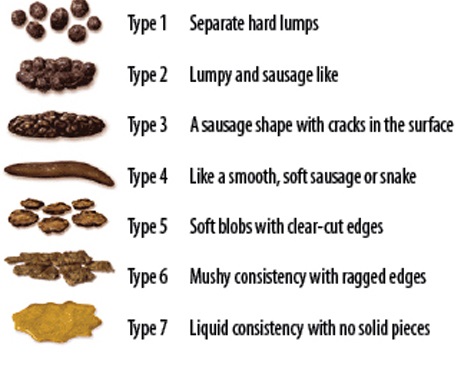
Laxatives
Laxatives, while effective for short-term relief, can adversely affect the gut microbiome and lead to dependency. Their prolonged use disrupts the delicate balance of gut bacteria, essential for healthy digestion. This imbalance can exacerbate constipation rather than resolve it.
Laxatives offer temporary relief but do not address the root cause of constipation. Their long-term use can lead to a decrease in bowel muscle tone and potentially damage the microbiome. This damage affects the production of NO, further complicating gastrointestinal issues.
Nitric Oxide
Nitric Oxide (NO) plays a pivotal role in gastrointestinal motility. It’s a neurotransmitter that regulates the relaxation and contraction of intestinal muscles. Optimal levels of NO ensure smooth transit of food through the intestines. However, an imbalance, particularly excessive NO, can lead to reduced motility, contributing to constipation. This excess NO is often a result of chronic inflammation, which can also damage the nerve endings in the digestive system.
Excessive Nitric Oxide and Neurodegenerative Diseases
However, when produced in excess, NO can be detrimental. It can cause cellular damage through nitrosative stress, a process linked to various neurodegenerative disorders. Studies indicate that excessive NO can modify protein function, contribute to glutamate excitotoxicity, inhibit mitochondrial respiratory complexes, participate in organelle fragmentation, and mobilize zinc from internal stores. These actions can lead to cellular damage, a common thread in diseases like Parkinson’s, Alzheimer’s, and ALS.
The study’s data supports the hypothesis that idiopathic slow-transit chronic constipation can be attributed to abnormal neurogenic factors. Specifically, the high density of NOS-positive neurons suggests that excessive nitric oxide production may lead to persistent inhibition of intestinal contractions.
Nitrosative Stress: The Pathway to Cellular Damage
Nitrosative stress occurs when there is an imbalance between the production of reactive nitrogen species, like NO, and the body’s ability to neutralize and eliminate them. This imbalance leads to the modification of cellular components, including proteins, lipids, and DNA, culminating in cellular dysfunction and death. The role of nitrosative stress in neurodegenerative diseases is increasingly recognized, with research suggesting it contributes to the pathogenesis of these conditions.
The study explores the role of nitric oxide (NO), in managing the movement of the digestive system. The research focuses on specific nerve cells that create NO and their interactions with muscle and other types of cells in the gut wall. In conditions like diabetes, problems with the production of NO or its connections can cause issues with the movement of the intestines. In cases of inflammation, an excessive NO production can also cause gut abnormalities.
Managing Nitric Oxide
Given the potential harms of excessive NO, managing its levels is crucial, especially for individuals at risk of or suffering from neurodegenerative diseases. Lifestyle changes, drinking warm water, a balanced diet, walking after meals, and tummy massages, can help regulate microbiome and NO levels.
The article emphasizes natural methods to alleviate constipation, such as adopting the Thero Diet, consuming warm water, and using abdominal massage. These lifestyle strategies are supported by research for their effectiveness in enhancing gastrointestinal movement and balancing the gut microbiome.
Citrus Peel
For centuries, Citrus Peel has been a staple in TCM for addressing sluggish bowels. Its efficacy extends beyond traditional uses, as modern research validates its benefits in improving bowel transit. A notable study involving spinal cord injury patients demonstrated significant improvements in constipation scores and colon motility with Citrus Peel use. While some patients experienced mild side effects, the overall findings highlight its potential as a natural, effective remedy for enhancing gastrointestinal motility.
Coix Seed
Coix Seed, renowned in TCM, is now gaining recognition for its prebiotic properties. By promoting the growth of beneficial gut bacteria like Lactobacillus and Bifidobacterium, it plays a vital role in creating intestinal motility. Scientific studies underscore its influence on these probiotics, with one study noting its ability to regulate glycolipid metabolism and intestinal microbiota. This evidence positions Coix Seed as a potent agent in supporting digestive health and addressing constipation.
Shi Chang Pu
Shi Chang Pu, a key herb in TCM, is lauded for its ability to stimulate nerve growth. Its active ingredients, α-asarone and β-asarone, have been shown to protect nerve cells and potentiate neurogenesis. This makes Shi Chang Pu an intriguing option for treating various neurological disorders and potentially aiding in digestive health through nerve regeneration.
Chorus Contains All These Herbs and More!
About the Author
Brehan Crawford, based in McMinnville, Oregon, is a distinguished clinician specializing in the treatment of chronic conditions, particularly Lyme Disease and its coinfections. After earning his Master’s degree in Acupuncture and Oriental Medicine from the Oregon College of Oriental Medicine in 2009, he deepened his expertise with a 5-year residency under the mentorship of the renowned Dr. Heiner Fruehauf at the Hai Shan Clinic. A Diplomate of Oriental Medicine from the NCCAOM, Brehan has pioneered innovative methods using Traditional Chinese Medicine for chronic infections. Known for mentoring other professionals, he regularly imparts knowledge on advanced Chinese herbal medicine applications. Beyond his clinical pursuits, Brehan enjoys singing, cooking, and hiking.

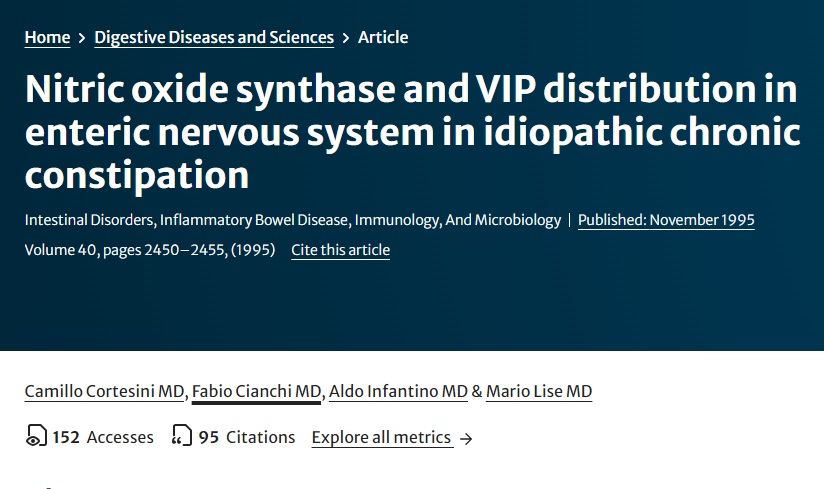
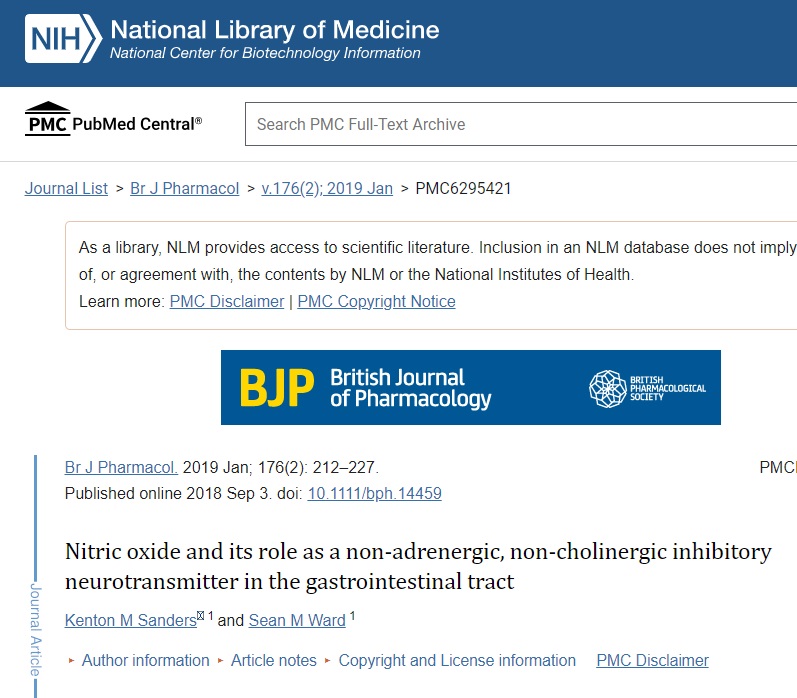


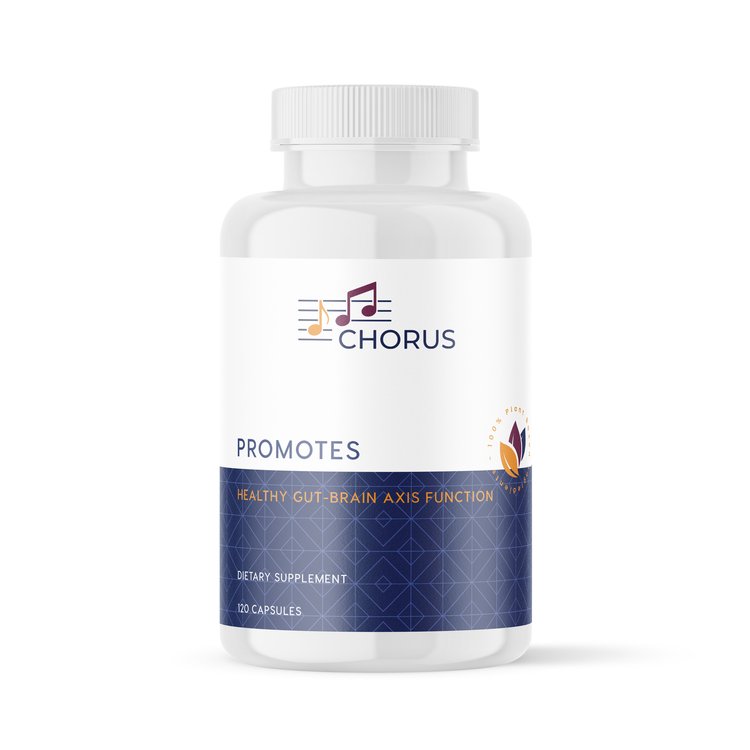
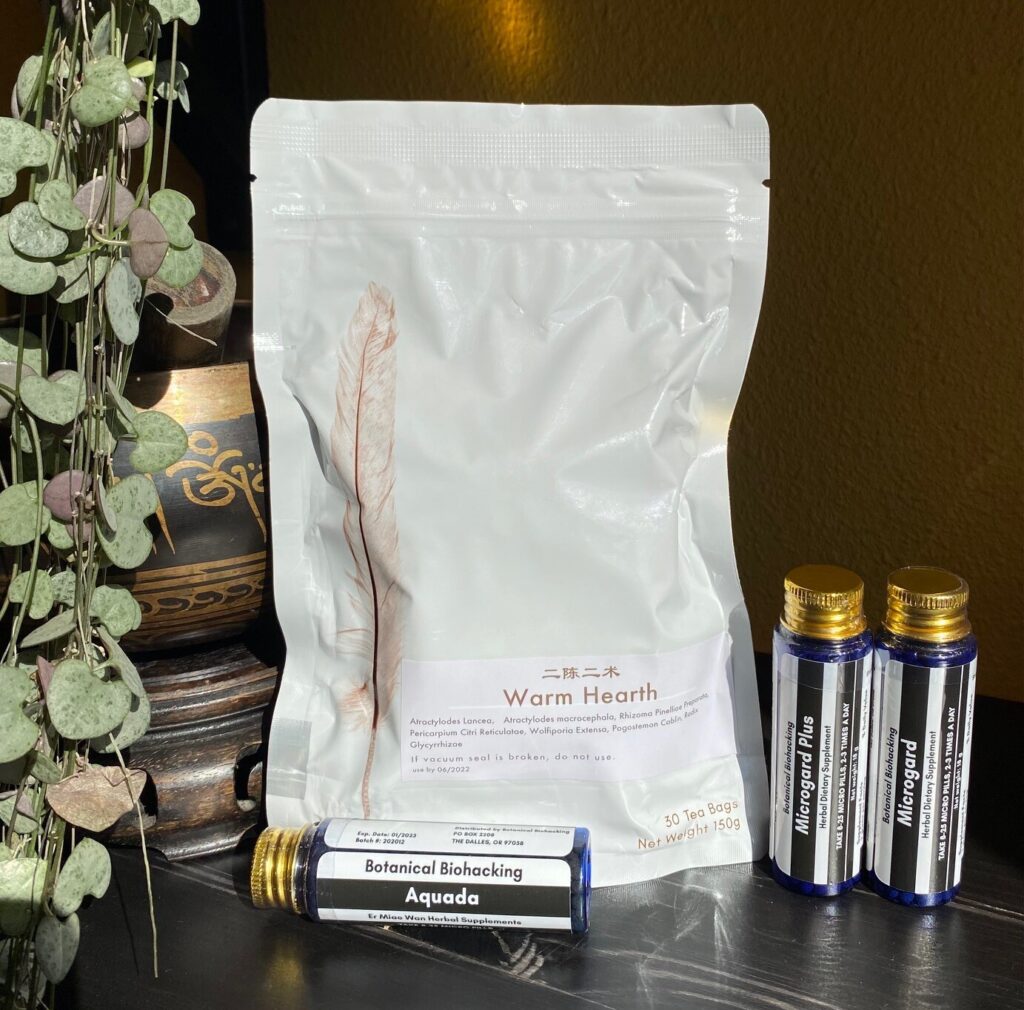
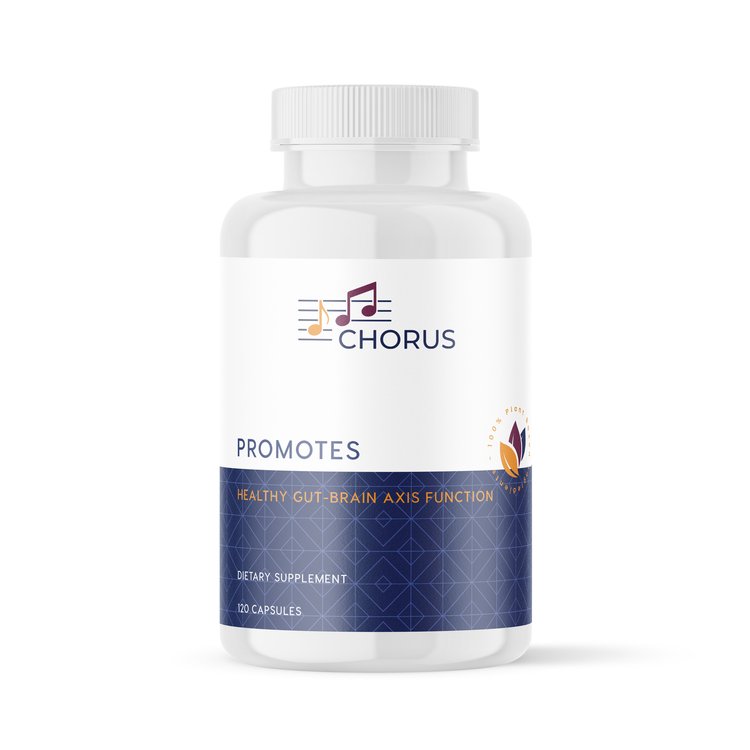


Recent Comments